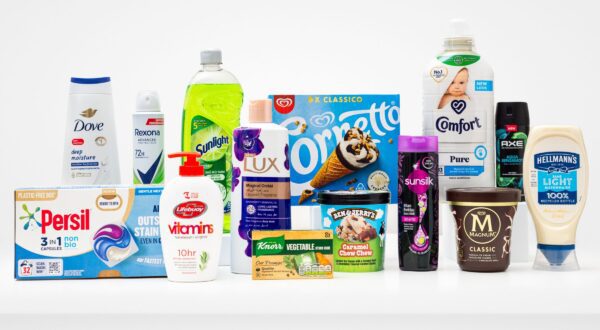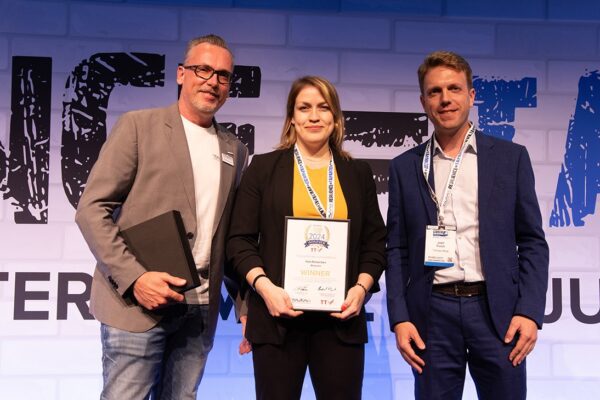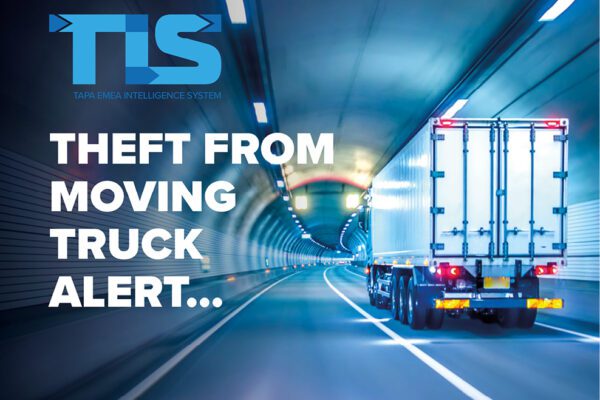
How Unilever Enhances Security and Resilience in the Logistics Industry Through TAPA Membership
TAPA EMEA’s membership is at its highest-ever level and growing month-on-month. So, what can companies gain from joining the region’s leading cargo security and supply chain resilience industry Association?
Vigilant put this question to David Herd, Group Security Manager at Unilever – a global business group operating in over 190 countries and generating revenues of €60.1 billion in 2022. Over 3.4 billion people around the world use Unilever products every day, which include 400+ household name brands… and this is what he had to say…
TAPA engagement
In the world of logistics, security and resilience is paramount and makes for a good business case to embed a good security programme within. In support of our own goals, for several years, my organisation and I have been active members of the Transported Asset Protection Association (TAPA) in the Europe, Middle East & Africa (EMEA) region. From attending summer events in Amsterdam to sending representatives to Copenhagen and participating in virtual events year-on- year, this membership has been an invaluable source of collaboration and insights.
It’s at these events, whether in person or virtually, that I’ve had the privilege of engaging with industry peers, gaining access to special online reports, as well as monthly digital magazines. These form a discussion point and understanding of the risk with our Security Managers in our organisation. These resources are essential in comprehending industry challenges and mitigating risks.
Additionally, I had the honour of being part of a Q&A panel at TAPA EMEA’s RESILIENCE@RISK Conference in Amsterdam this summer, exploring the vital link between supply chain resilience and security in the manufacturing sector. In problem-solving, understanding deepens through open discussion and active listening. In simple words, talking about difficulties helps us understand them better. It allows us to see beyond the obvious and grasp the underlying complexities. When we accept these challenges and talk openly about them, it can lead to powerful conversations that can bring about meaningful solutions and a clear understanding of the risk we all face.
Understanding logistics industry challenges
Membership in TAPA offers unique insights into the multifaceted challenges faced by the logistics industry. These challenges include soaring operational costs, fluctuating fuel prices, rising insurance premiums, declining shipping rates, intense competition among service providers, and the continuing issue of inadequate truck parking spaces. The complexities of supply chain management and resilience in the trucking industry further underscore the complexity of this field. Compliance with ever-evolving regulations adds another layer of challenge to this dynamic sector. With new emerging criminality in the cyber space, digital trust and understanding advanced artificial intelligence is key to winning in the future.
Addressing the challenges with Standards
TAPA’s contribution to the logistics industry is most notable through its robust Standards for facility security, trucking, and parking requirements. To achieve the status of an auditor, individuals must undergo extensive training and pass a written examination. These auditors play a crucial role in aligning our organisation’s standards with those of TAPA. When evaluating potential partners, knowing they adhere to TAPA’s Standards simplifies the process of assessing their commitment to security and resilience. In our organisation, in all logistics contracts, we have separate standards, and these must be signed by the provider and adhered to before the contract starting.
Reporting and analysis
Reporting and analysis are pivotal aspects of our work. For over a decade, we’ve been diligently recording and analysing incidents related to trucking, cargo, and warehouse operations. Our incident reporting system, remarkably like the TAPA EMEA Intelligence System (TIS), follows a structured process. Incidents are reported based on specific thresholds and crime reports, which are then investigated by our dedicated teams. This approach aims to not only resolve issues but also prevent their recurrence, ensuring long-term solutions with lessons shared internally and with suppliers.
Conclusion and impact
The impact of TAPA membership on our organisation has been a positive journey. Through the resources, training, and alignment with industry standards, we’ve been better equipped to navigate the intricate challenges of the logistics industry. Collaboration with our peers within the industry that are also TAPA members has been essential in our ongoing learning and growth.
Adhering to industry best practices and the standards set by TAPA has significantly enhanced our security, resilience, and overall operational efficiency. As we move forward, the lessons we’ve learned from TAPA’s collaboration and Standards will continue to shape our journey in this ever-evolving industry.
As a profound African proverb states: “To go fast, go alone; to go far, go together.”
About the Author
David joined Unilever in 2007 as a contractor in the role of Security Operations Manager and was seconded to Global Group Security Manager in January 2011, joining as a permanent member of the Unilever team. In his current role, he is responsible for advising and driving forward robust physical and people security measures within the greater security network within the group.
He has worked in the private security industry since 1989 in many sectors, essentially covering event security, manned guarding, travel security, investigations, loss prevention, compliance, design and implementation (electronic security), crisis management, supply chain/logistics security, and corporate security.


















